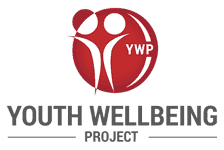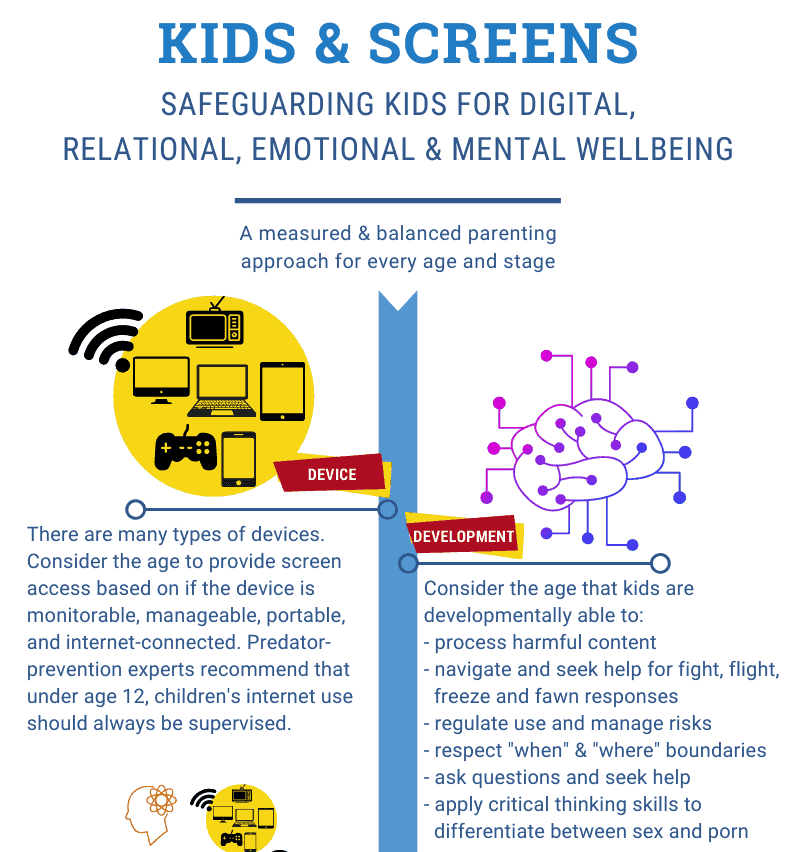Limiting internet use is more effective than teaching general emotional skills
A recent study (June 2020) has found internet addiction in teenagers leads to difficulty regulating emotions. However, there was no evidence that pre-existing emotional issues are a predictor of obsessive internet use.
Published in the peer-reviewed journal Emotion, the paper is the first longitudinal study to examine the connection between internet addiction among teenagers and emotion regulation difficulties.
Over 2,800 adolescents from across 17 Australian high schools took part in the study. Participants were from years 8 to 11 inclusive.
Lead author from the University of Sydney Business School, Dr James Donald, said the research-tested two hotly-debated ideas: first, whether compulsive internet use leads to emotion regulation difficulties over time; and second, whether underlying emotion regulation difficulties lead to this compulsive behaviour.
“We observed a pattern of behaviour over time that suggests internet addiction leads to emotion regulation problems, but not the reverse,” said Dr Donald from the Business School’s Discipline of Work & Organisational Studies.
“Despite a lot of anecdotal evidence and popular opinion on this, we know little about how compulsive internet use impacts young people’s emotion regulation and vice versa.
“We were surprised to find the negative effects of compulsive internet usage on things like the ability to set goals and understand one’s emotions, remained stable across all four years of the study.”
Busting the myth of emotion dysregulation as a predictor
The study found no evidence that, among young people, having pre-existing emotion regulation difficulties leads to problems regulating their use of the internet.
Collaborating with researchers from the Australian Catholic University, the team found that compulsive internet use has more severe effects on “effortful” forms of emotion regulation such as difficulties pursuing life goals and understanding one’s emotions.
“Our research shows compulsive internet use has little impact on less complex emotional processes like self-acceptance and awareness,” said co-author Professor Joseph Ciarrochi.
“A 12-month period of compulsive internet use might not be as harmful as we first thought. However, if this behaviour persists into a teenager’s later years, effects compound, and emotion dysregulation can become a problem.”
Limiting internet use could be the only answer
The research also suggests that teaching adolescents general emotion regulation skills, for example through programs at school, may not be as effective in reducing compulsive internet use as more direct approaches like limiting time spent on the internet.
“Since the outbreak of the coronavirus pandemic, high school students are more reliant on the internet than ever before. The internet is both a site of learning and play, which makes it difficult for parents to monitor,” said Dr James Donald.
“While it might be difficult for parents to control internet access, our study suggests that parents and schools have an important role to play in teaching their kids about healthy internet use, monitoring the activities they engage with online, and ensuring they have meaningful and engaging offline activities that provide balance.”
Declaration
The University of Sydney and Australian Catholic University received funding through the Australian Research Council DP140103874 to conduct the research.

